They might seem harmless, but McDonald’s fries come with a hidden ingredient that most animal lovers don’t expect.
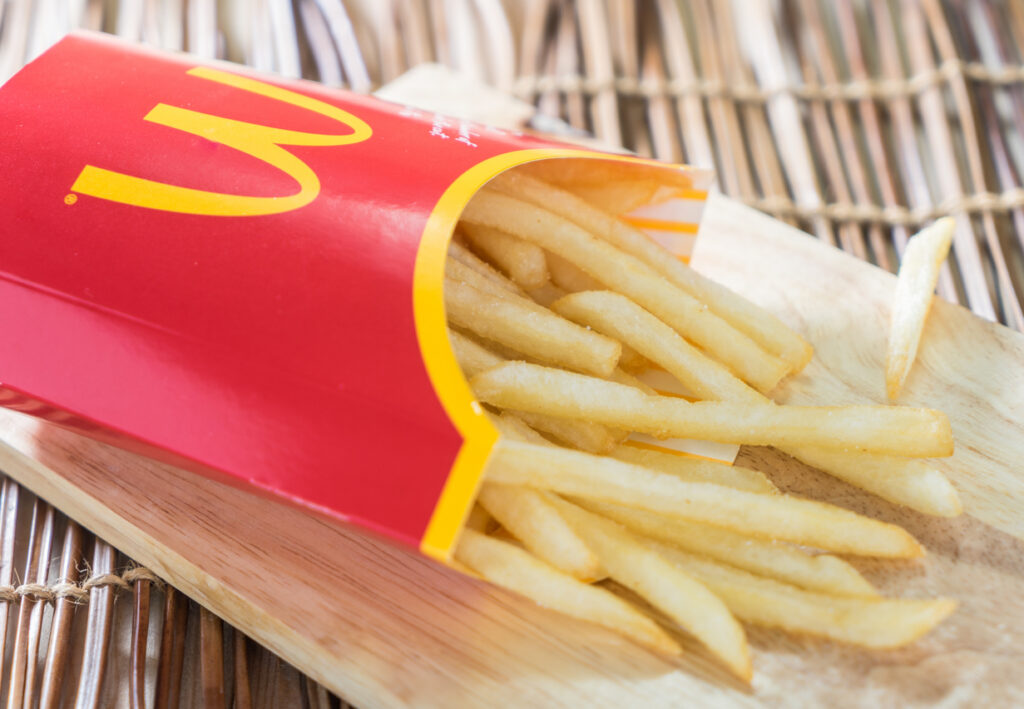
Sure, vegetarians and vegans already know to avoid the burgers and chicken selects, but many assume the fries are a good bet, and that’s just not the case—at least not in the U.S.. While the last thing you’re probably thinking about when you pull into the drive-thru is animal welfare, it’s important to consider the overall impact of your purchase. If you care about animals, here’s what you need to know before ordering that salty side the next time you find yourself in the States. (Luckily, here at home in the UK, Maccy D’s fries are officially vegetarian!)
1. They’re flavoured with beef—yes, really.

Despite what most people think, McDonald’s fries in the United States aren’t vegetarian or vegan. During processing, they’re infused with “natural beef flavour,” which is added to the oil before the fries even reach the restaurant. This step happens early, at the supplier level, meaning even if they’re cooked in vegetable oil at your local store, the fries have already picked up their meaty ingredient. For many plant-based eaters, that’s a deal-breaker.
2. McDonald’s has been sued over this before.
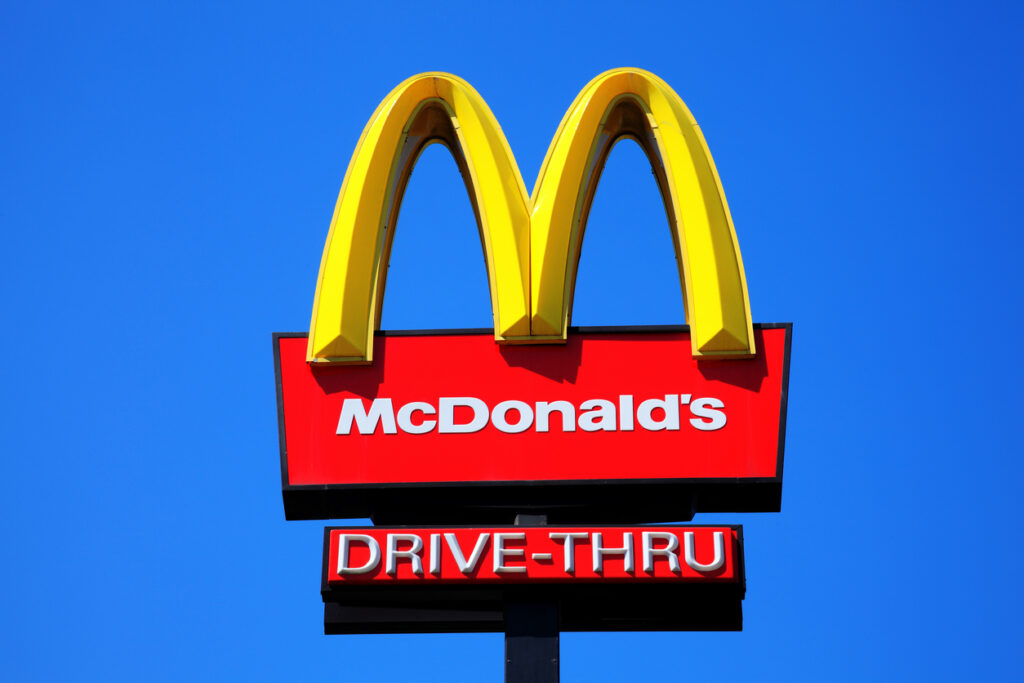
Back in 2001, McDonald’s was hit with a class-action lawsuit after Hindu customers in the U.S. found out they’d unknowingly been eating fries flavoured with beef. The fallout was huge—not just legally, but ethically. For those who avoid beef for religious or moral reasons, the lack of transparency was more than disappointing. It revealed a major gap between marketing language and what’s really going on in the supply chain.
3. In India, the recipe is completely different.
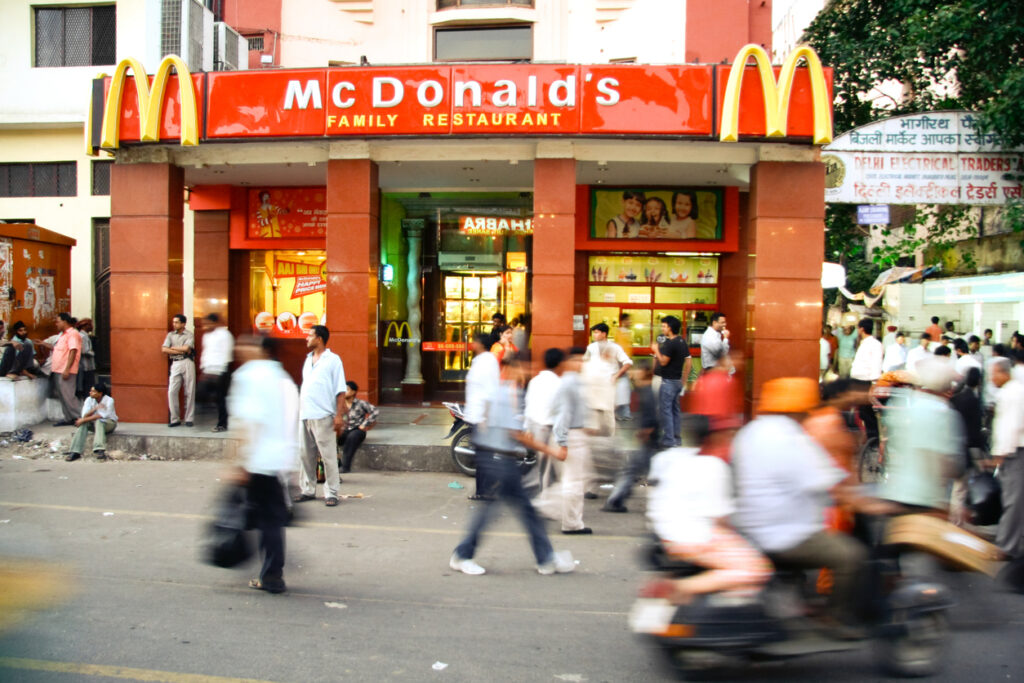
Interestingly, McDonald’s doesn’t add beef flavouring to its fries in every country. In India, where cows are considered sacred, the fries are made using entirely plant-based ingredients—and they’re still wildly popular. This proves that the company knows how to make vegetarian-friendly fries when it chooses to. So the question becomes: why isn’t the U.S. version being held to the same standard of respect?
4. The “beef flavour” isn’t just a trace.
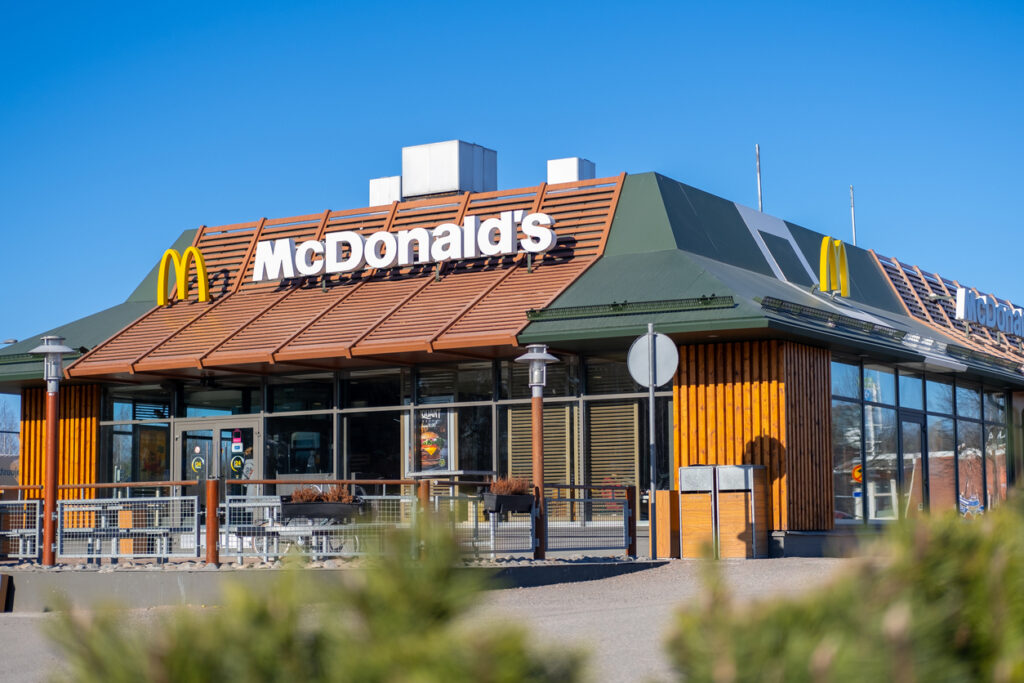
Some assume the beef element is so minor it shouldn’t matter, but it’s deliberately added to bring back that original McDonald’s taste from when fries were cooked in animal fat. It’s part of the formula. That means it’s not some accidental byproduct—it’s an intentional choice. Once you know it’s there, it’s hard to un-know, especially if you’re trying to reduce harm to animals in your diet.
5. McDonald’s knows people are confused.
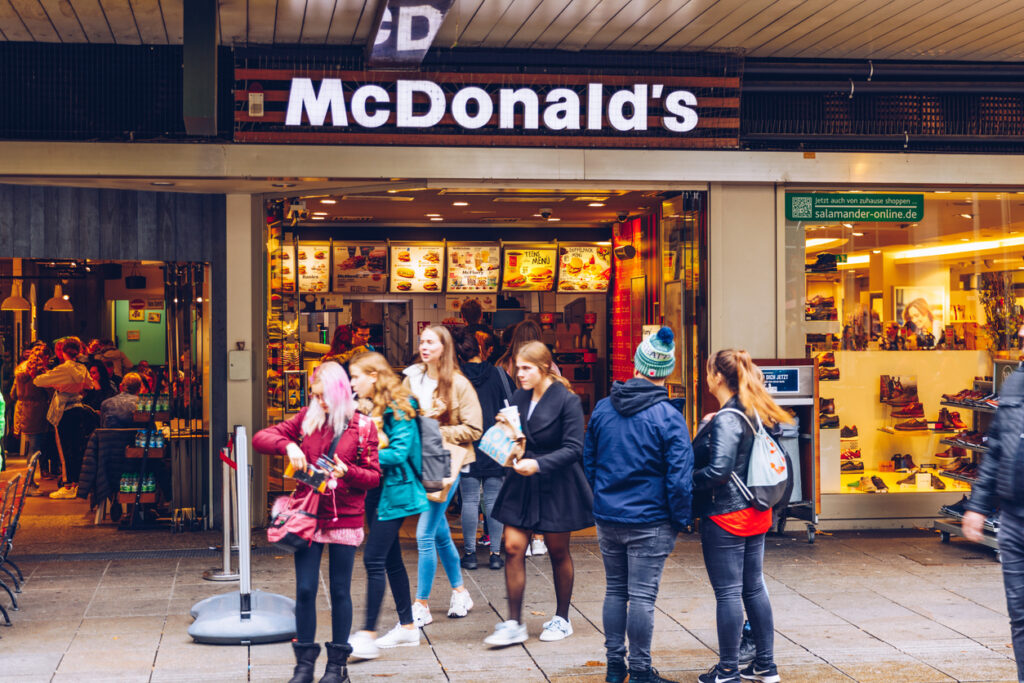
On the surface, McDonald’s fries seem safe for vegetarians—they’re listed as being cooked in vegetable oil, which feels pretty clear. However, the beef flavouring is added earlier, which isn’t always made obvious in-store. The company even acknowledged this confusion during the lawsuit and stated that they now inform customers who ask. Of course, that still puts the burden on the eater, not the brand, to dig for clarity.
6. Other countries manage to make them meat-free.

McDonald’s fries are made without beef flavouring in multiple locations around the world, not just India. Again, here in the UK and parts of Europe, the recipe is vegetarian-friendly—and yet still tastes just as iconic. This shows it’s not an impossible ask. It’s simply about choices—on the supply chain side and on the customer communication side. If it can be done elsewhere, why not everywhere?
7. Fries seem harmless, but that’s the point.
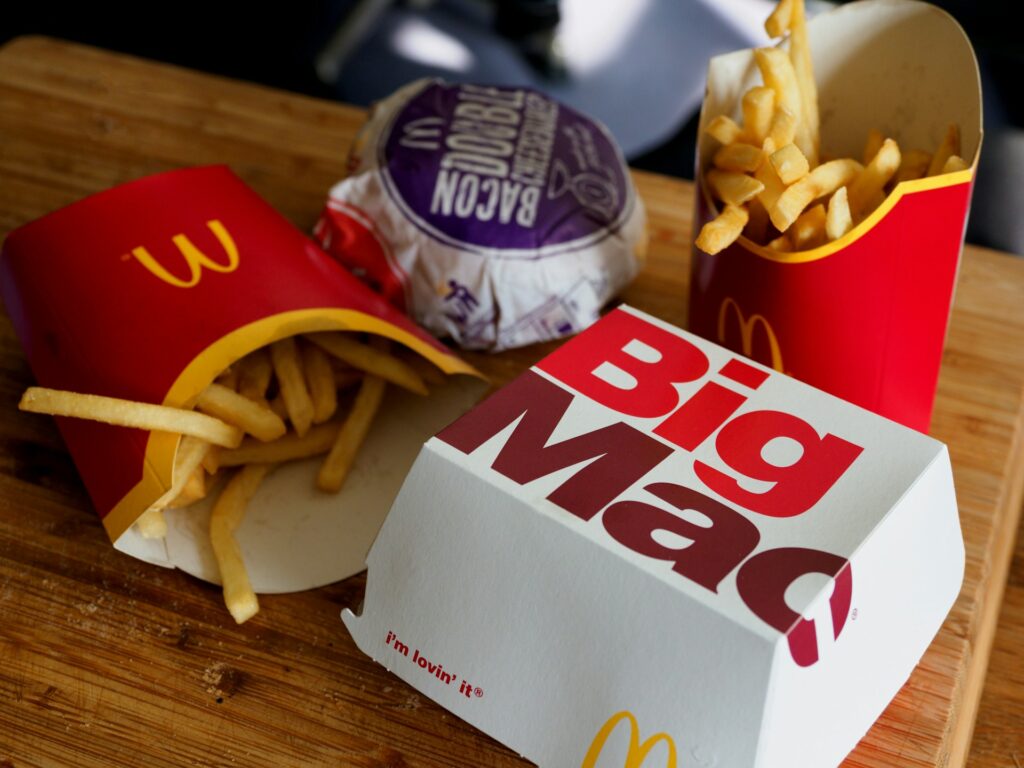
Because they look like simple potatoes cooked in oil, fries get a pass from many animal-conscious eaters. They’re not obviously meat-based, which makes them easy to overlook in a plant-based lifestyle. However, that assumption can be misleading. For those trying to avoid animal products in all forms, even for ethical reasons, these hidden ingredients turn a comfort food into a contradiction.
8. It’s about transparency, not perfection.
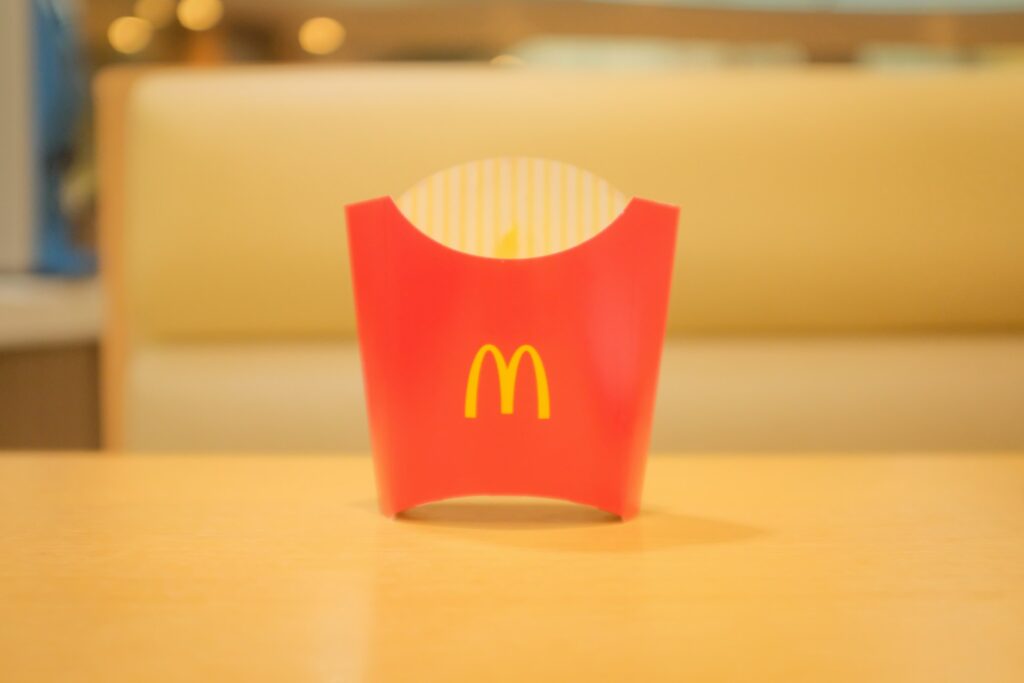
Most people understand that no one eats perfectly. However, when something is advertised as vegetarian-friendly—or appears to be—consumers deserve honest information about what’s really going into it. This isn’t about making fries the enemy. It’s about giving people the chance to make choices that actually match their values—especially if those values involve kindness to animals or ethical eating.
9. The animal impact is often invisible.
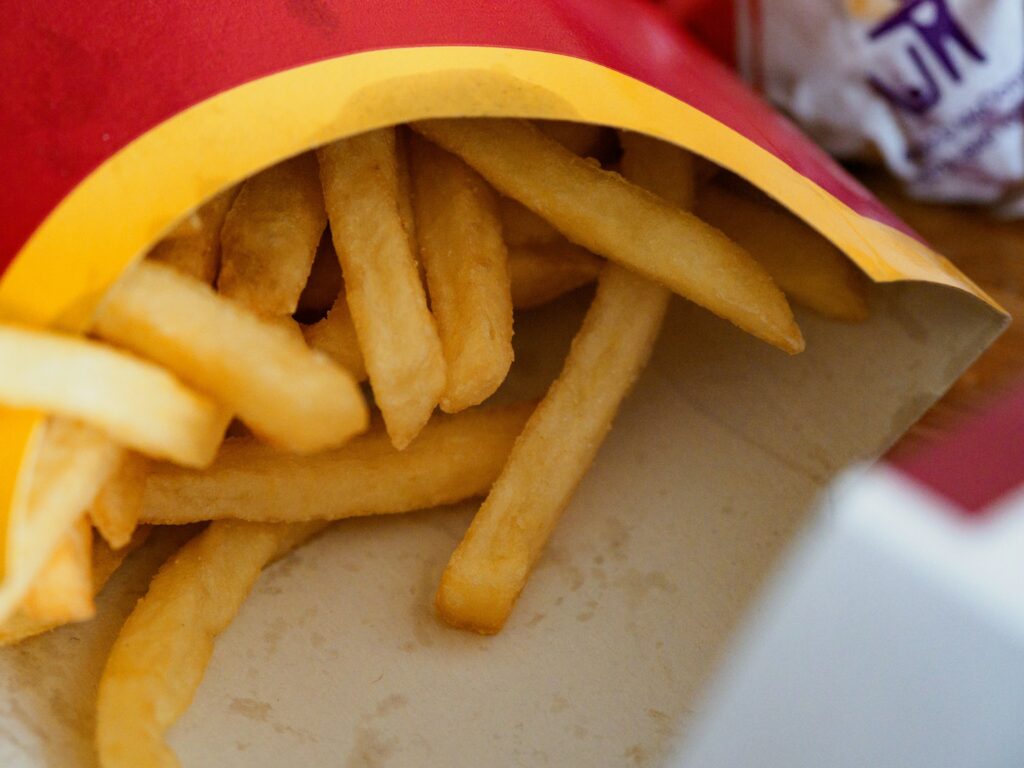
It’s easy to forget how many steps animal products go through before ending up in a final dish. Beef flavouring doesn’t look like meat, and that’s the problem. Its impact is real, but it’s disguised. Whether it comes from bones, fat, or by-products, something still suffered to create that flavour. For animal lovers, even that small invisible cost might be enough to make a change.
10. Choosing different fries makes a difference.

Many other fast food chains have responded to demand and now offer fries cooked in vegetable oil with no added animal flavouring. Even making your own at home is simple and fully plant-based. You don’t have to give up fries to eat more compassionately. You just have to be a little more aware of where they’re coming from. Sometimes that small shift says more than you think.